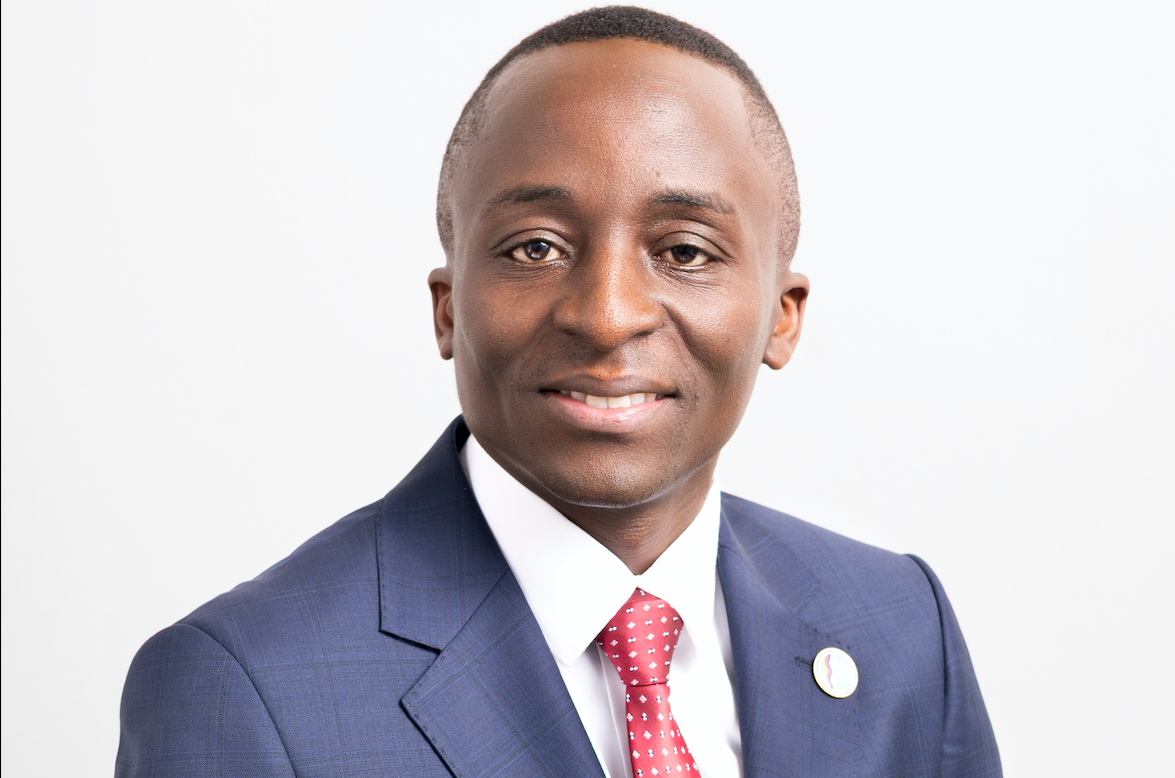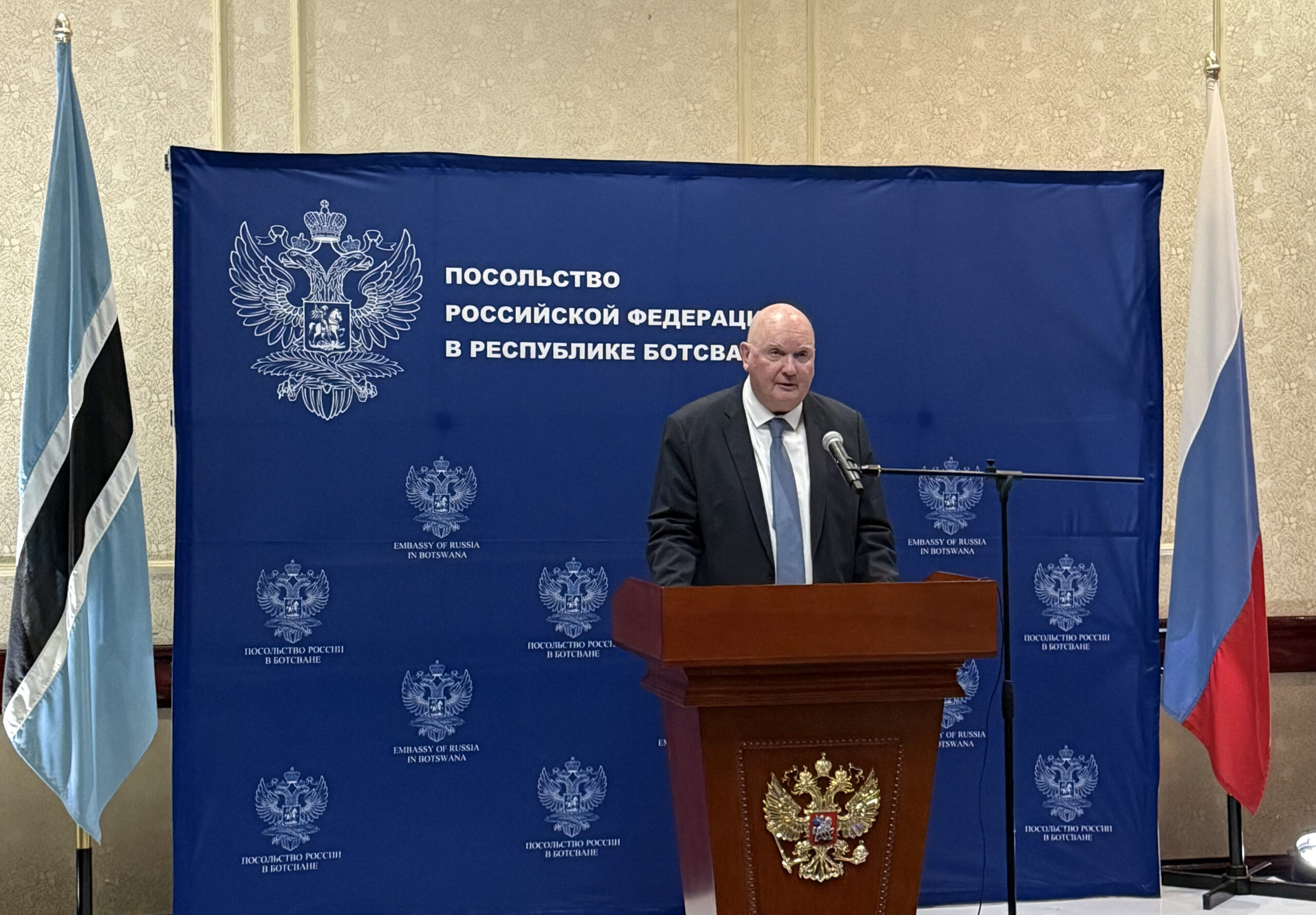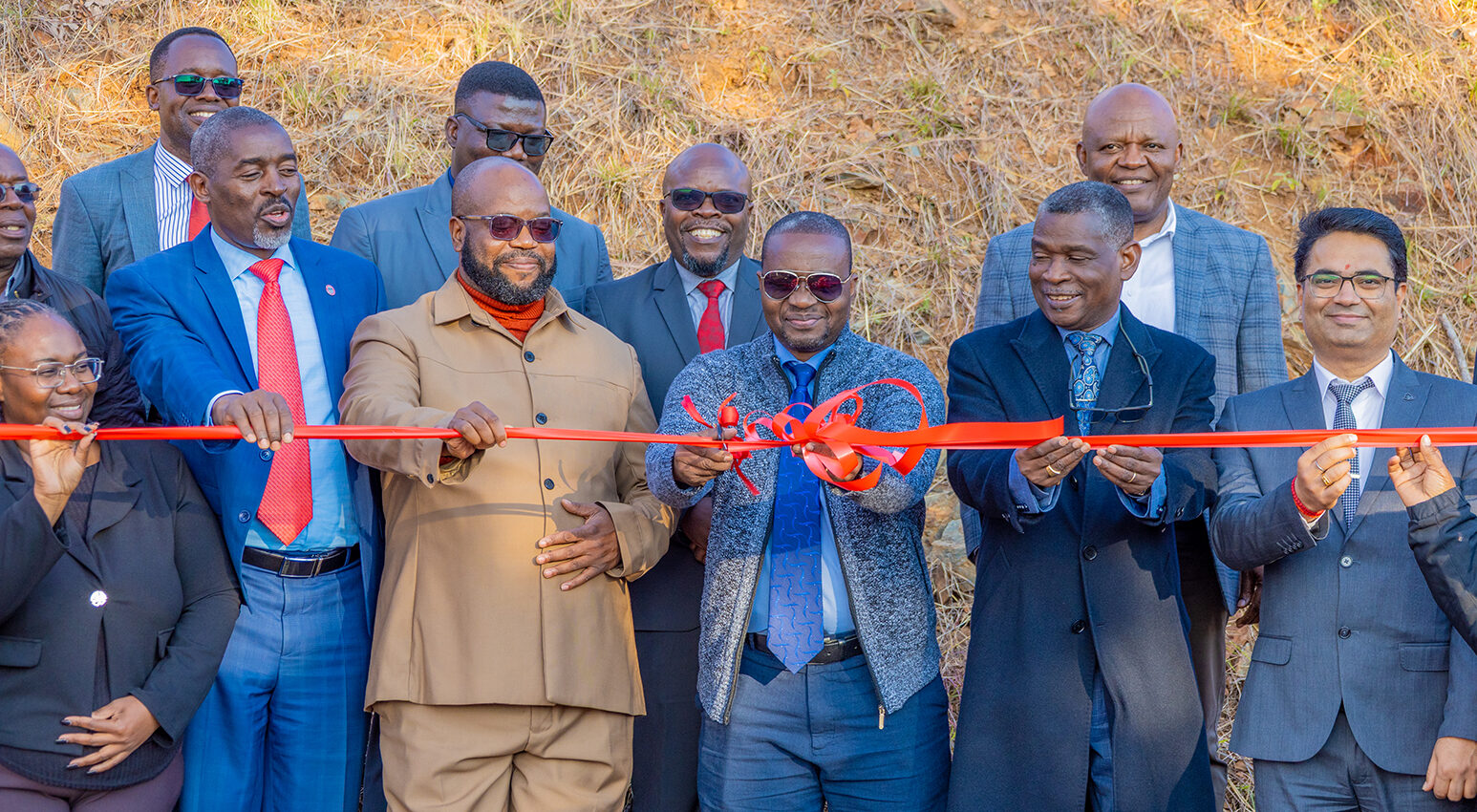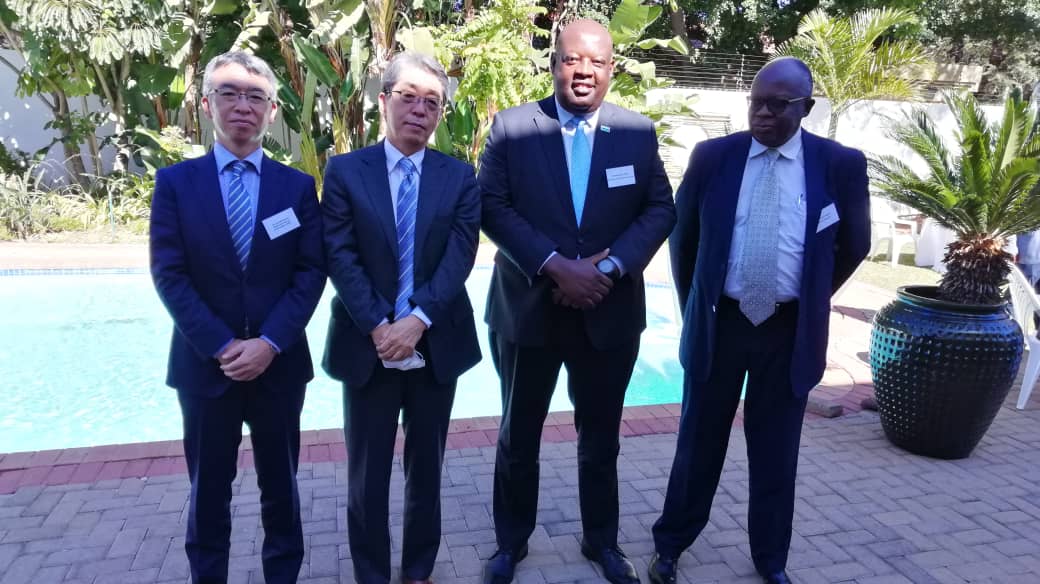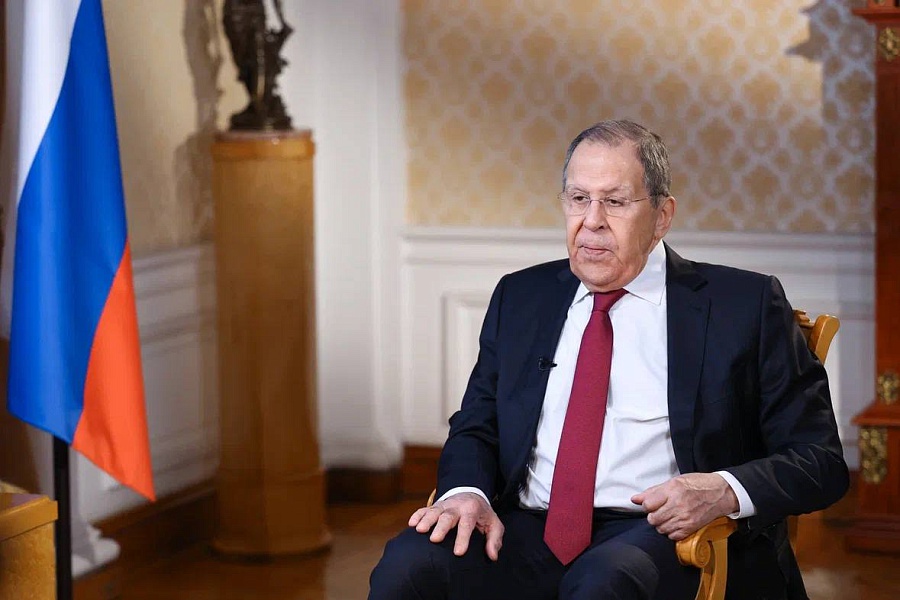
The President of the Republic of Zimbabwe and current Chairperson of SADC, His Excellency, Dr. Emmerson Dambudzo Mnangagwa, officially opened the 57th Plenary of the SADC Parliamentary Forum in Victoria Falls, Zimbabwe, last week. Photo: Don Makubaza, Parliament of Zimbabwe
By Moses Magadza* and Don Makubaza
VICTORIA FALLS, ZIMBABWE – The President of the Republic of Zimbabwe and current Chairperson of SADC, His Excellency, Dr. Emmerson Dambudzo Mnangagwa, has urged regional parliaments to embrace Artificial Intelligence (AI) as a transformative tool to enhance democratic governance, inclusivity, and efficiency.
He made the call when he officially opened the 57th Plenary Assembly of the SADC Parliamentary Forum (SADC PF) last week.

Addressing Speakers, Members of Parliament, and regional stakeholders, President Mnangagwa advocated integrating AI and emerging technologies into parliamentary systems to meet the demands of the Fourth Industrial Revolution.
“I urge Parliaments to embrace Artificial Intelligence and other technologies to revolutionise legislative processes for more evidence-based and people-centred policies,” he said.
He highlighted the transformative potential of AI in bridging communication gaps, especially in multilingual societies, and enhancing citizen participation and representation across geographically dispersed constituencies.
“Language should never be a barrier to democratic participation,” he stressed.
Reflecting on his long-standing connection with the SADC PF, the President recalled his tenure as Speaker of the Parliament of Zimbabwe, during which he contributed to the development of SADC election norms and standards and led election observation missions.
He described the SADC PF as “an institution close to my heart,” reaffirming his enduring support for its transformation and relevance.
The President welcomed the theme of the plenary – “Harnessing Artificial Intelligence for Effective and Efficient Parliamentary Processes in the SADC Region: Experiences, Challenges and Opportunities” – as both “timely and fundamentally relevant.”
He acknowledged that while regional parliaments are at varying stages of digital maturity, this diversity presents a “rich environment for collaboration.”
He encouraged common approaches to technological adoption to foster interoperable systems and strengthen inter-parliamentary cooperation.
President Mnangagwa also drew attention to Zimbabwe’s progress in integrating digital solutions into its governance framework, citing the establishment of Innovation Hubs and Industrial Parks in all universities.
He affirmed Zimbabwe’s commitment to Afro-centric innovation, partnerships with academia and industry, and the promotion of digital literacy.
However, he also drew attention to the ethical dimensions of technological adoption, particularly concerning data protection, cybersecurity, and digital sovereignty.
“The adoption of Artificial Intelligence and other emerging technologies must enhance rather than compromise the integrity and independence of our democratic institutions,” he declared.
To that end, he referenced Zimbabwe’s Cyber and Data Protection Act, enacted to regulate data use and ensure fairness in AI-driven services. Additional governance frameworks, he said, are in development to address the ethical and accountability concerns surrounding AI.
“Freedom and sovereignty of our countries must guide our approach to the integration of new technological trends… Our systems must not merely cut and paste global models. They must reflect the unique priorities and perspectives of the SADC Region and Africa in general,” he said to applause.
President Mnangagwa pledged continued support for SADC PF’s institutional growth and its role in regional integration, democratic consolidation, and sustainable development.
“Let us all play our part to strengthen democratic oversight and accountability… The ultimate beneficiaries of our efforts must be the people, who should experience a higher quality of life that leaves no one behind,” he stated before declaring the Plenary officially open.
The Speaker of the Parliament of the Republic of South Africa, Hon. Thoko Didiza, delivered a vote of thanks at the end of the official opening. She lauded President Mnangagwa’s keynote address for offering “insights on what we need to reflect on, particularly in respect of our theme on these new emerging technologies and how we can utilise them to advance our democracy, economies and development as a region.”
She commended him for highlighting not only the promise but also the risks posed by modern technologies, and for urging the region to become innovators rather than mere consumers of global technological advancements. “We too must develop those technologies that advance our economies,” she said.
Hon. Didiza praised President Mnangagwa’s appreciation of the legislative process, saying: “You actually reflected that you too were not just a Speaker but a Parliamentarian,” she noted.
She also thanked him for being a consistent advocate for the transformation of the SADC PF into a fully-fledged regional parliament.
“Even when you were President, you remained an activist to make sure that the transformation of the SADC PF becomes a reality,” she said.
Hon. Didiza revealed that South Africa will host the next SADC PF Plenary Assembly, pending formal confirmation.
She called for the documentation and celebration of the SADC region’s global leadership achievements, including at the Inter-Parliamentary Union (IPU) and the Commonwealth Parliamentary Association.
“SADC has produced many leaders. We must capture that history,” she said.
–Moses Magadza is the Media and Communications Manager at the SADC Parliamentary Forum, while Don Makubaza is the Director of Public Relations at the Parliament of Zimbabwe.

